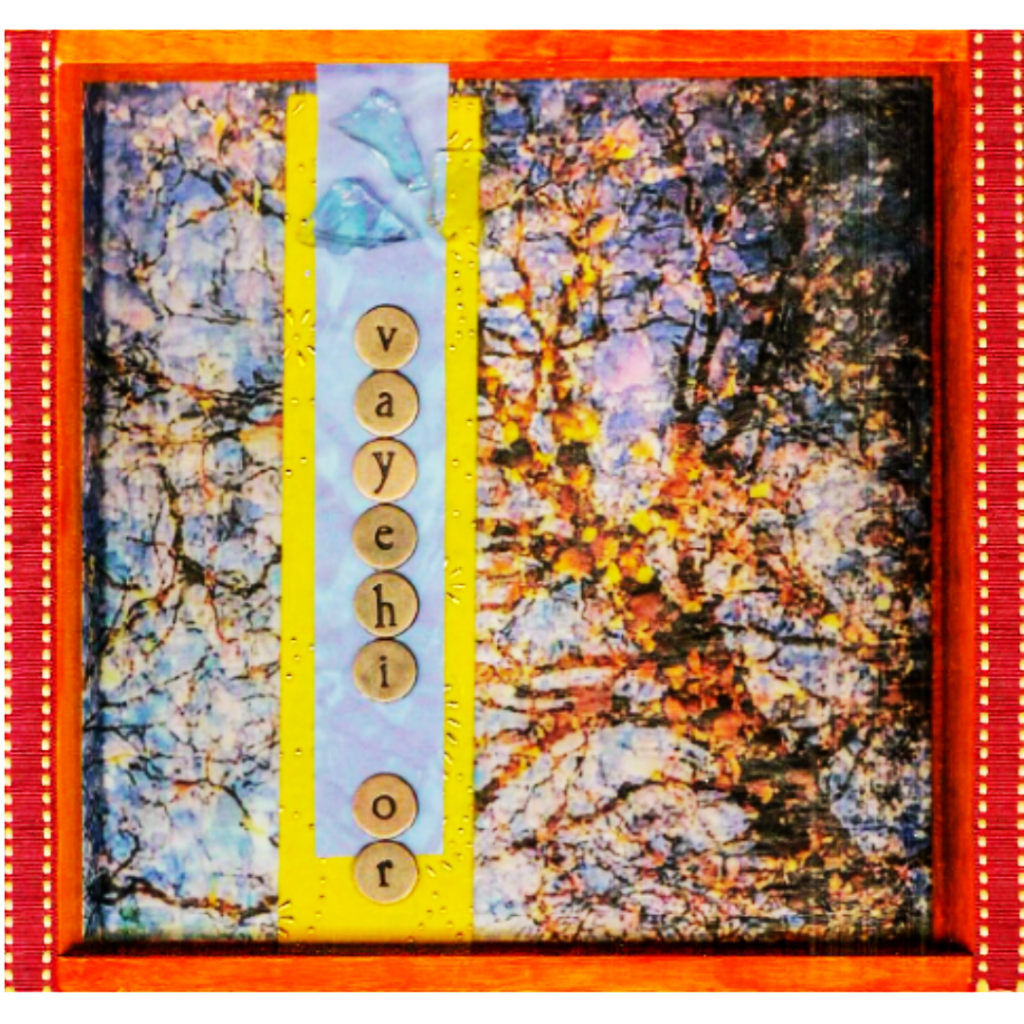A bridge-building civic leader and award-winning teacher, Dr. Sarah Pessin is Professor of Philosophy and Jewish Thought at the University of Denver where she researches and teaches topics in coexistence, meaning-making, Jewish Thought, Jewish and Islamic philosophy, philosophy of religion, religious pluralism, interfaith civics, and ethics. She is the recent recipient of an ACE Fellowship (2022-2023), has served as the Director of Judaic Studies (2008-2019), serves as Interfaith Chair, and is Director of Spiritual Life in Student Affairs on her campus (Jan. 1, 2024-).
Featured by the Association of American Colleges & Universities for her interfaith and intercultural work, Sarah has served as Creative Director for a Holocaust Memorial Social Action Site and has won grants for her innovative interfaith/intercultural civic interventions from such orgs as Interfaith America, the Mellon Foundation and the Council of Independent Colleges. Dedicated to cooperative leadership, she received an inaugural award for shared governance for her work as Faculty Senate President during the especially challenging onset of COVID (2020-2022).

Mixed media box, “Vayehi Or” (And there was light)
Currently working on a book on ethics and embodiment in the philosophy of Emmanuel Levinas, Sarah is author of nearly 100 research essays, over 250 presentations, and a book on the philosophical ethics of Solomon Ibn Gabirol (Cambridge University Press). She is also the editor of the Jewish Tradition section of a multicultural reader and has published in key academic resources, including the Cambridge History of Medieval Philosophy, Oxford Philosophical Concepts, Stanford Encyclopedia of Philosophy, Routledge Companion to Islamic Philosophy, The Oxford Handbook of Jewish Philosophy, and the Routledge Handbook of Neoplatonism.
Sarah is also passionate about micro learning formats–such as her ever-growing “Think Tiles” collection and her Writers on Writing interview project. She has also published op-eds with the Denver Post and Inside Higher Ed and writes popular essays about politics and hope on medium.com.
Sarah holds a PhD in Philosophy from The Ohio State University, an MA in Philosophy from Columbia University, and is also a collage artist and poet who enjoys playing with goats and a good afternoon of gardening.
Digital collage, “Tops”
Digital collage, “Easy does it”
